Did Manchester mosque imam really call for armed jihad?
Police open probe into Mustafa Graf’s sermon at mosque attended by the Manchester Arena bomber
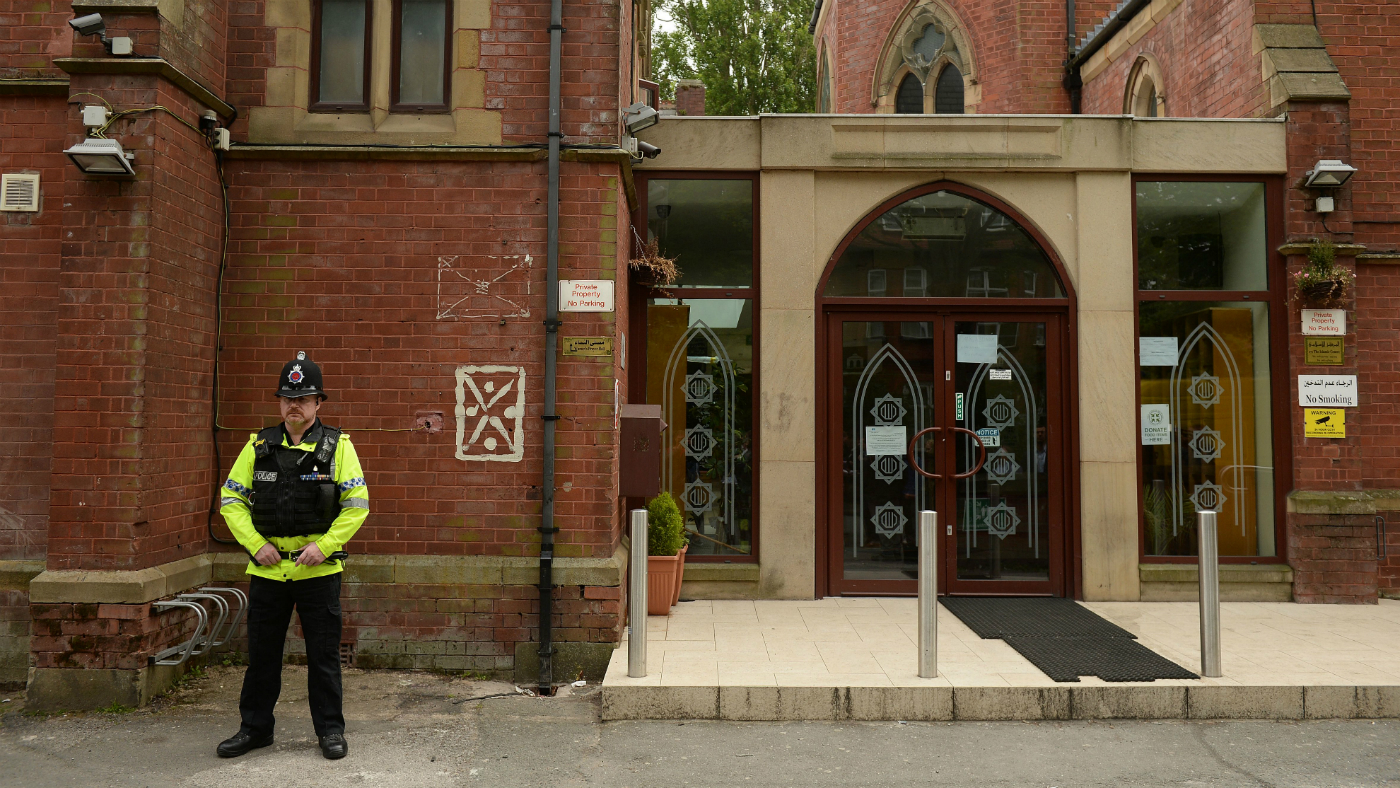
A free daily email with the biggest news stories of the day – and the best features from TheWeek.com
You are now subscribed
Your newsletter sign-up was successful
Greater Manchester Police have launched an official investigation over claims that an imam at a mosque in the city may have helped radicalise the perpetrator of the Manchester Arena bombing last May.
Authorities have confirmed they were in possession of footage obtained in secret by the BBC that appears to show Mustafa Graf, an Islamic cleric from Chorlton, calling for jihad during a sermon at Didsbury Mosque on 16 December 2016.
The sermon, which took place during heavy bombing of the Syrian city of Aleppo, rebuked believers who “love Islam and Muslims but... do nothing for the support of their brothers and sisters”.
The Week
Escape your echo chamber. Get the facts behind the news, plus analysis from multiple perspectives.

Sign up for The Week's Free Newsletters
From our morning news briefing to a weekly Good News Newsletter, get the best of The Week delivered directly to your inbox.
From our morning news briefing to a weekly Good News Newsletter, get the best of The Week delivered directly to your inbox.
Graf said: “Now it is time to act and do something... Jihad for the sake of Allah is the source of pride and dignity for this nation.”
The recording appears to show Graf praising the “mujahideen” – a term commonly used for Islamist guerrilla fighters, according to the BBC.
The Daily Telegraph reports that Manchester bomber Salman Abedi and his family regularly attended the mosque, adding that his father sometimes led the call to prayer. But the paper says it’s unclear whether Abedi, or any members of his family, attended the mosque on the day of the audio recording.
Abedi is understood to have bought a ticket for the Ariana Grande concert at which he killed 22 people ten days after the sermon.
A free daily email with the biggest news stories of the day – and the best features from TheWeek.com
Questions remain over Graf’s usage of the term “jihad”, with some claiming it can be interpreted in different ways. In a statement, Didsbury Mosque defended Graf, saying: “‘Jihad’ is an Arabic word meaning to struggle or strive for good, and it is often used incorrectly.
“The English translation said something like ‘you must all give to charity’. But instead of translating the full sermon they [the BBC] have translated all the Arabic words around jihad, but left that as it is.”
The mosque’s trustees told the Manchester Evening News that the imam had been “highlighting the plight of Syrians” after chemical bombings in the country. They said the imam’s use of the words jihad and mujahideen had been misinterpreted.
The Merriam-Webster Dictionary defines jihad both as a “personal struggle in devotion to Islam especially involving spiritual discipline” and “a holy war waged on behalf of Islam as a religious duty”, lending credence to the mosque’s defence of Graf.
But the BBC played the tapes to two Islamic scholars, both of whom felt it was not Graf’s choice of words that was inflammatory, but his application of them.
“The jihad he’s referring to here is actually being on the battlefield, there are no ifs and no buts in this,” said Shaykh Rehan, a lecturer at Minhaj College, Manchester. Rehan said Graf was “psychologically and practically brainwashing young people” into either travelling or taking action.
Usama Hasan, Head of Islamic Studies at Quilliam, agreed, saying: “From the context and the way these texts are used they are clearly referring to military jihad, to armed jihad.”
After the bombing by Abedi last May, Graf condemned the attack, saying: “As a community we have lost many hundreds of people who bravely fought and defeated Isis in Sirte, Libya, only a few months ago, and so we are affected by grief again.”
-
 The environmental cost of GLP-1s
The environmental cost of GLP-1sThe explainer Producing the drugs is a dirty process
-
 Greenland’s capital becomes ground zero for the country’s diplomatic straits
Greenland’s capital becomes ground zero for the country’s diplomatic straitsIN THE SPOTLIGHT A flurry of new consular activity in Nuuk shows how important Greenland has become to Europeans’ anxiety about American imperialism
-
 ‘This is something that happens all too often’
‘This is something that happens all too often’Instant Opinion Opinion, comment and editorials of the day
-
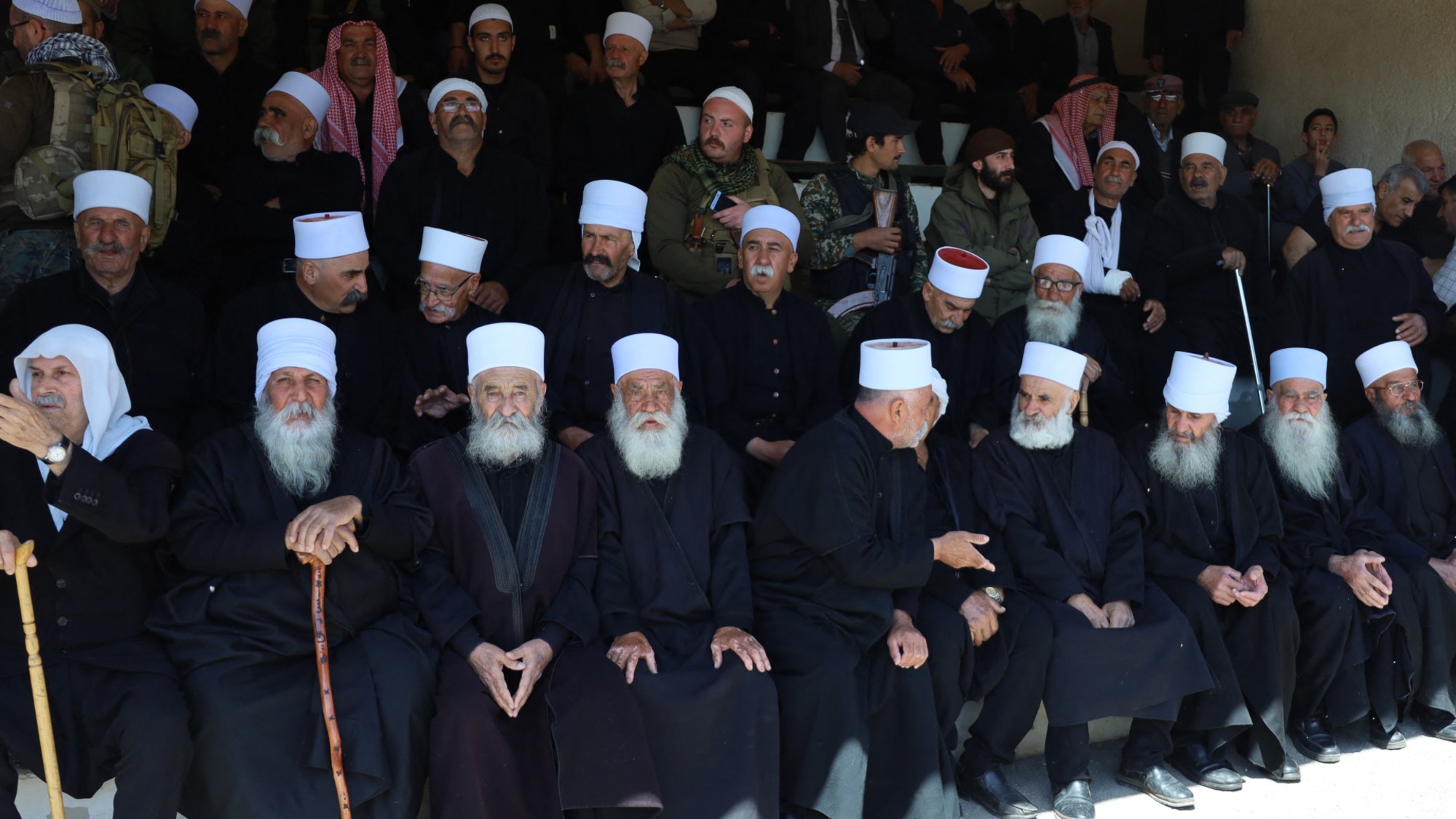 Syria's Druze sect: caught in the middle of Israeli tensions
Syria's Druze sect: caught in the middle of Israeli tensionsThe Explainer Israel has used attacks on religious minority by forces loyal to Syria's new government to justify strikes across the border
-
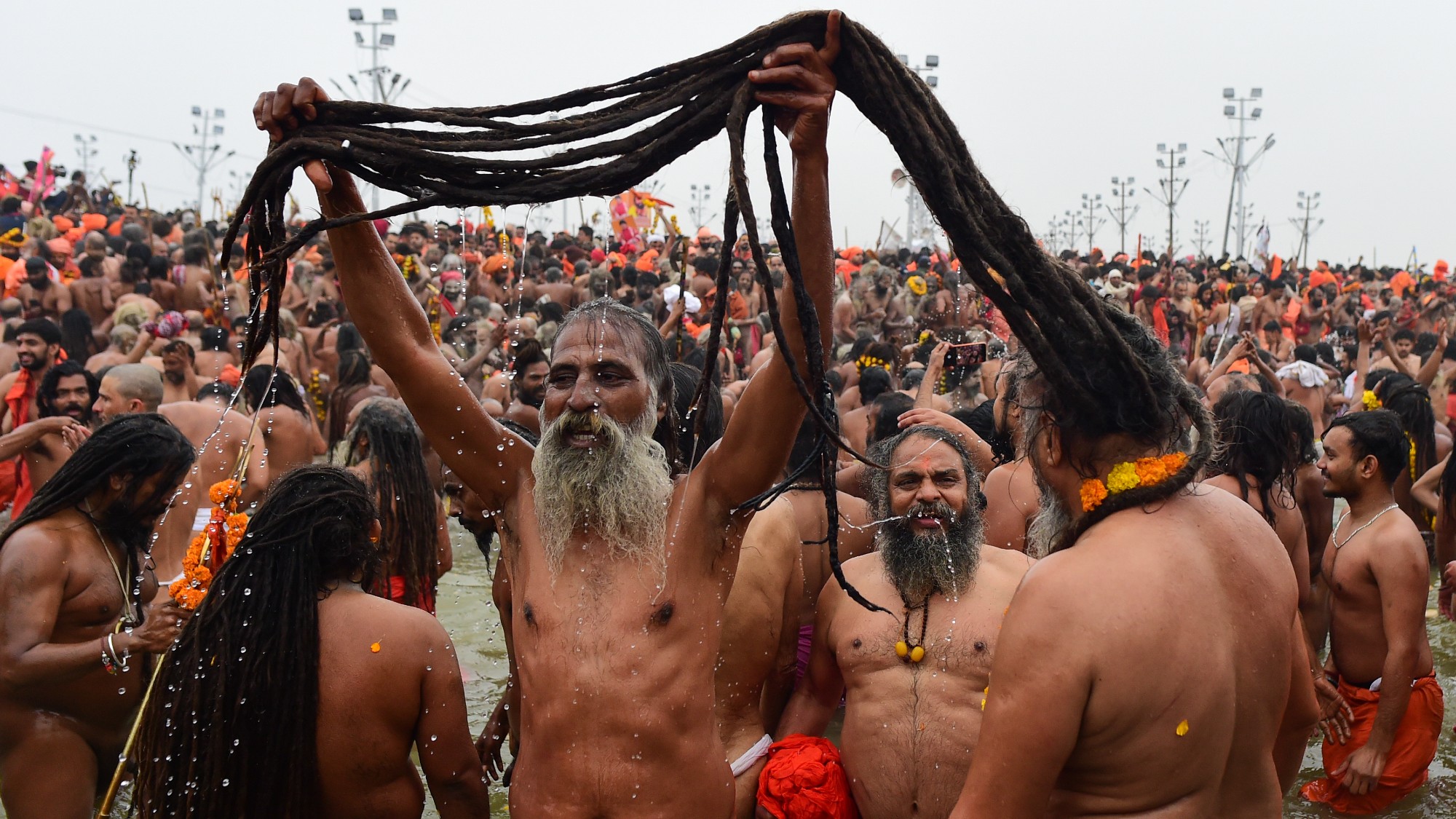 Maha Kumbh Mela: world's largest religious festival gets under way in India
Maha Kumbh Mela: world's largest religious festival gets under way in IndiaIn The Spotlight Politics of Hindu nationalism has cast a shadow over event touted as biggest ever gathering of humanity
-
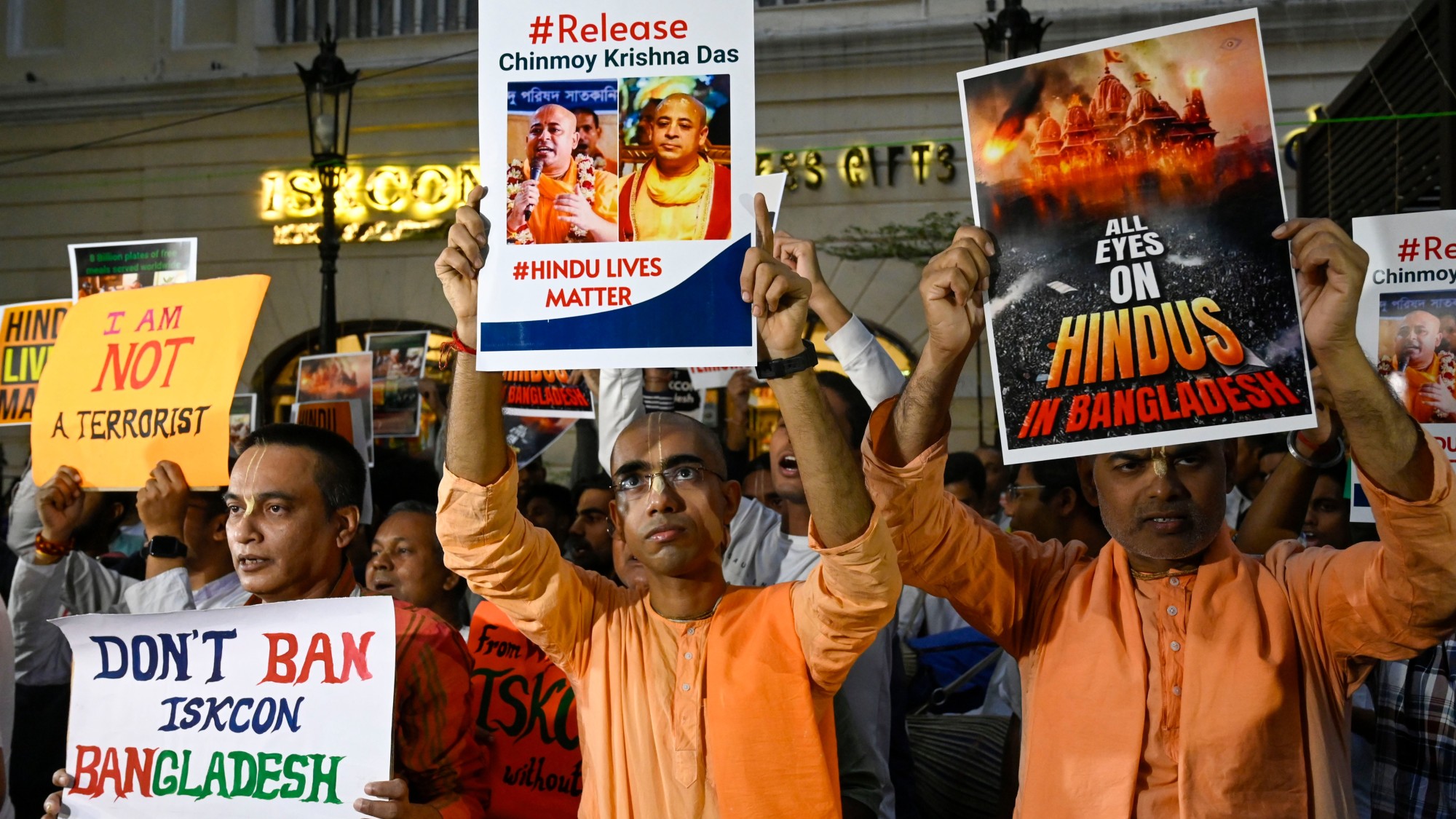 Why India is concerned at Bangladesh's 'Hinduphobia'
Why India is concerned at Bangladesh's 'Hinduphobia'The Explainer Arrest of monk Chinmoy Krishna Das stokes safety concerns for Hindu minority in Bangladesh
-
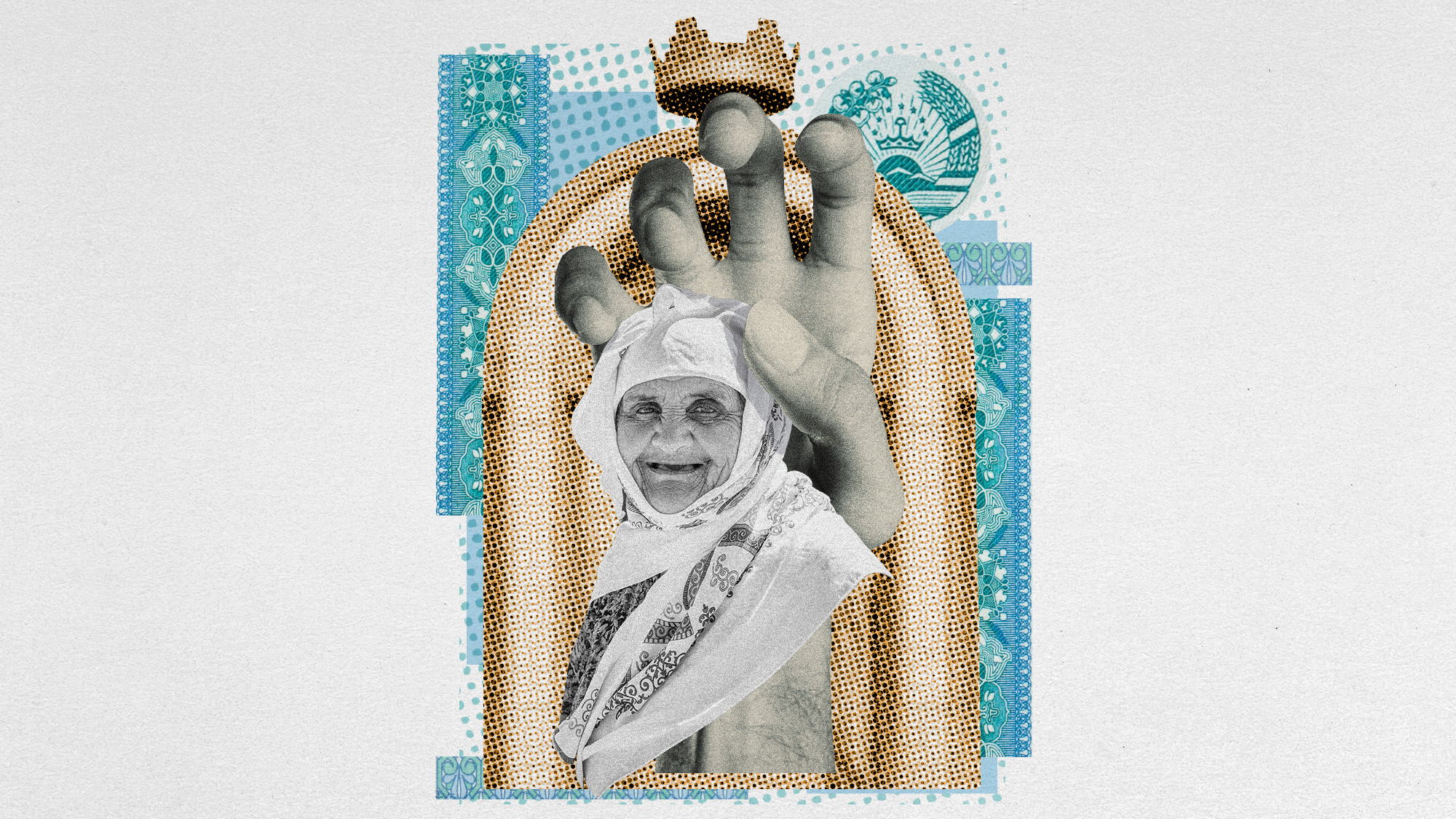 The 95% Muslim country that has banned the hijab
The 95% Muslim country that has banned the hijabUnder The Radar Outlawing the headscarf is the latest chapter in Tajikistan's clampdown on Islamic culture
-
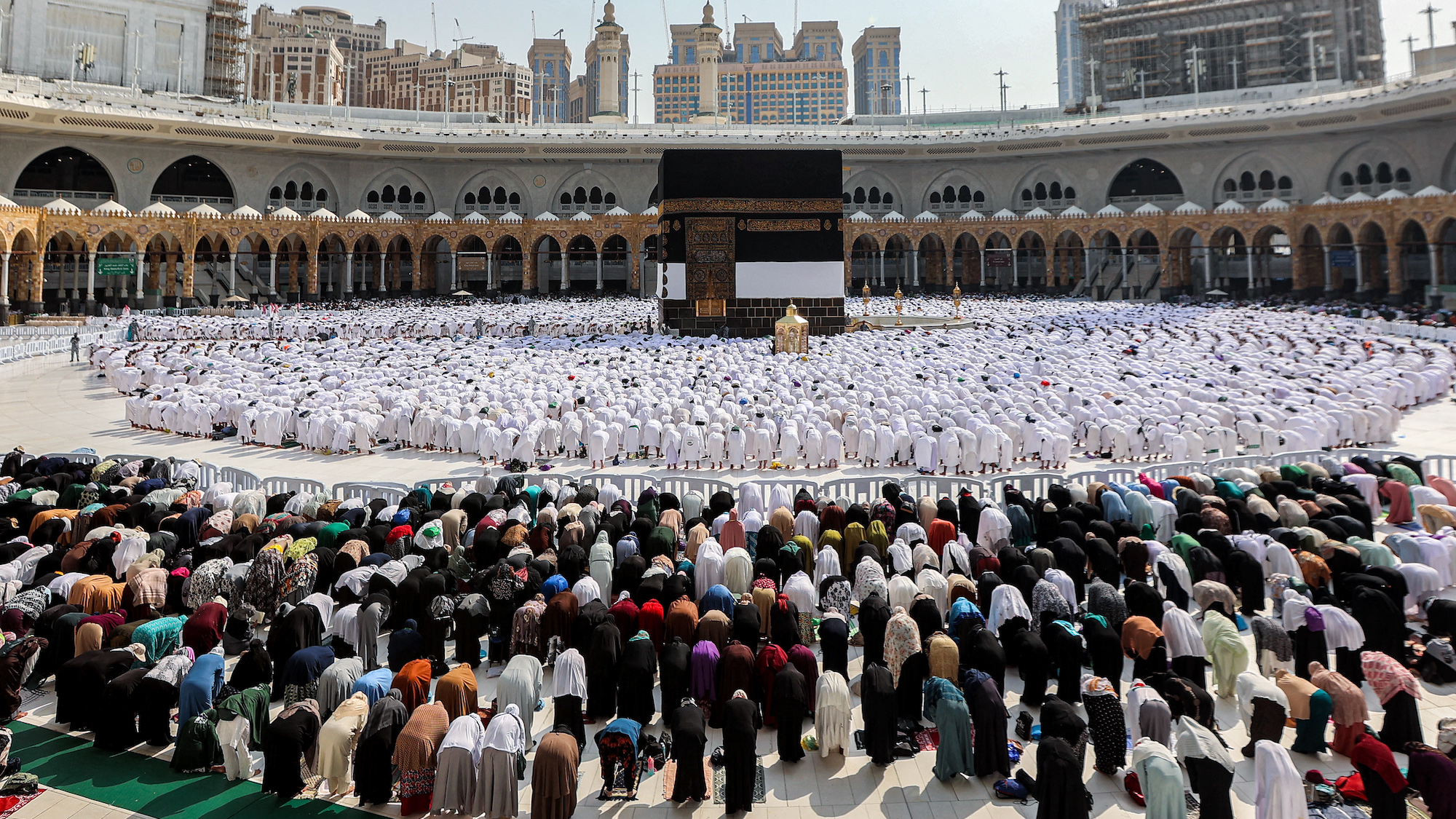 The unauthorised pilgrims sneaking into Mecca
The unauthorised pilgrims sneaking into MeccaIn the Spotlight Saudi authorities are warning of heavy fines for those caught travelling to the holy city this month without a permit
-
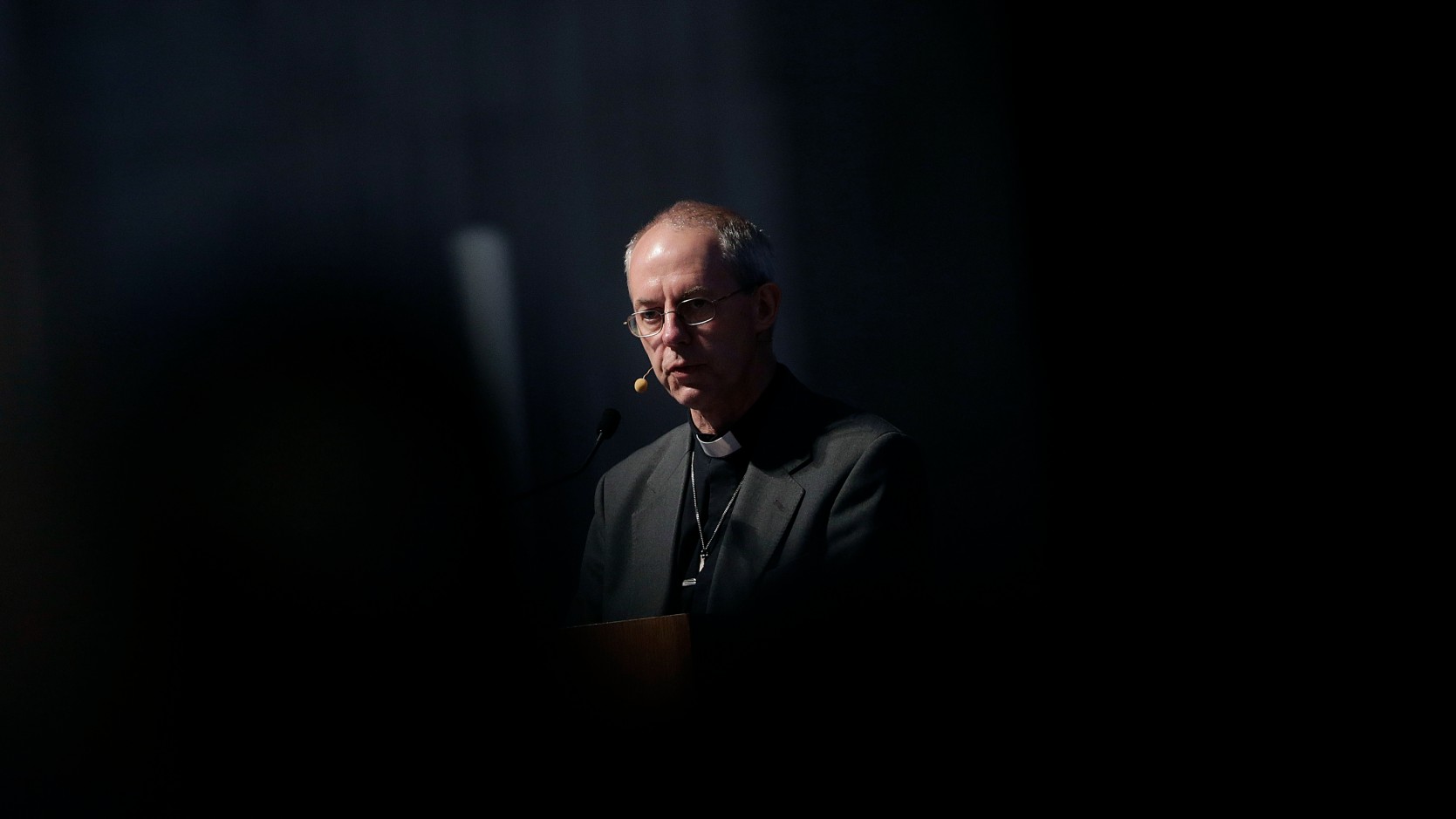 What does the rise in non-Christians mean for the Church of England?
What does the rise in non-Christians mean for the Church of England?Today's Big Question Latest census reveals England and Wales now minority Christian countries for first time
-
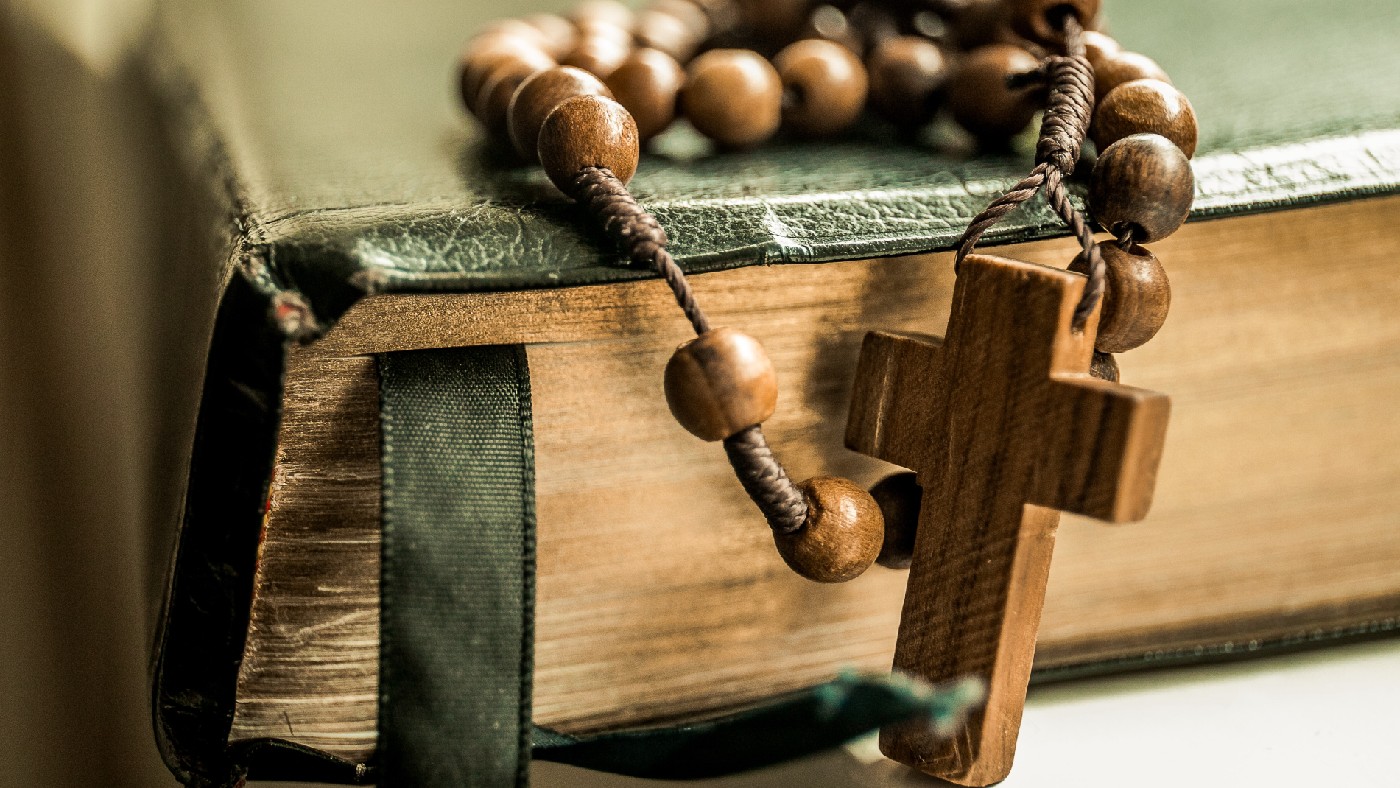 Sexual abuse and ‘cruel indifference’: the disgrace of the French Catholic Church
Sexual abuse and ‘cruel indifference’: the disgrace of the French Catholic ChurchSpeed Read Landmark report estimates around 330,000 children were abused by clergymen and officials between 1950 and 2020
-
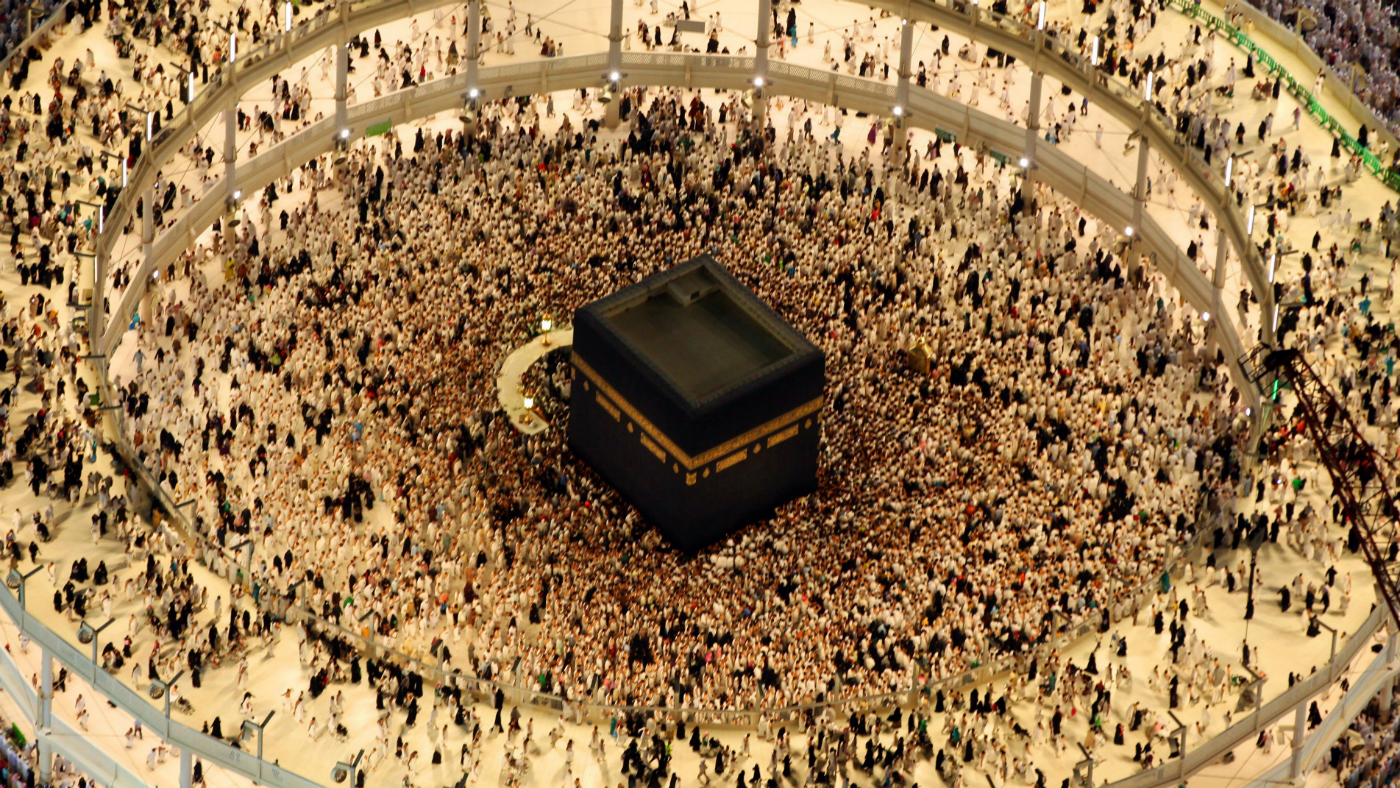 52 ideas that changed the world - 51. Islam
52 ideas that changed the world - 51. IslamIn Depth Followers of the religion make up a quarter of the global population